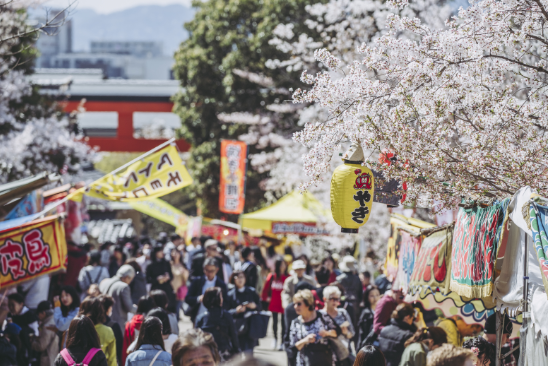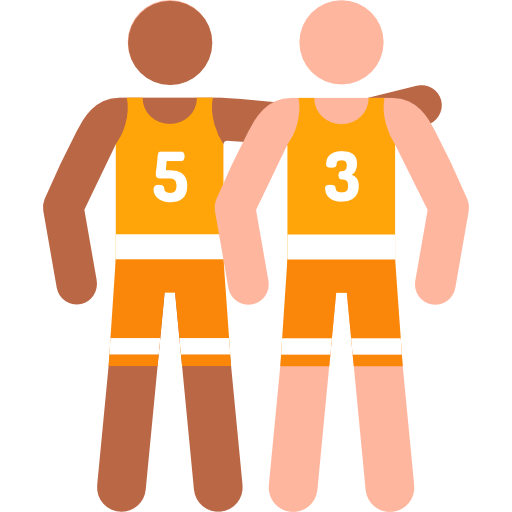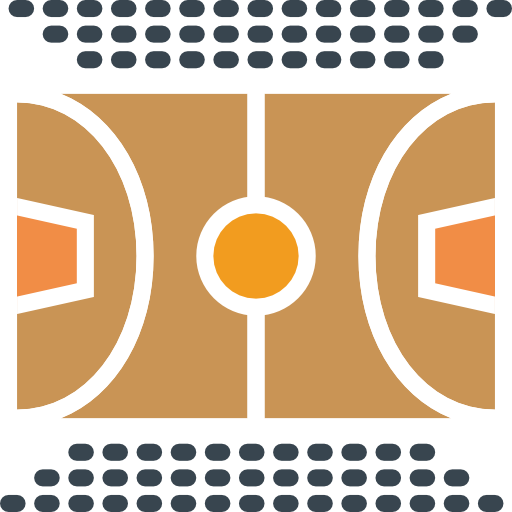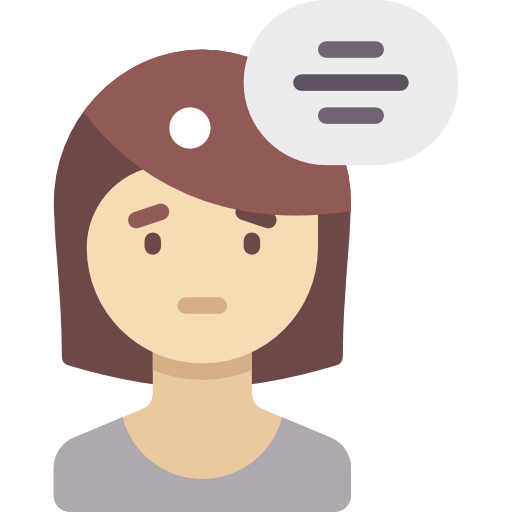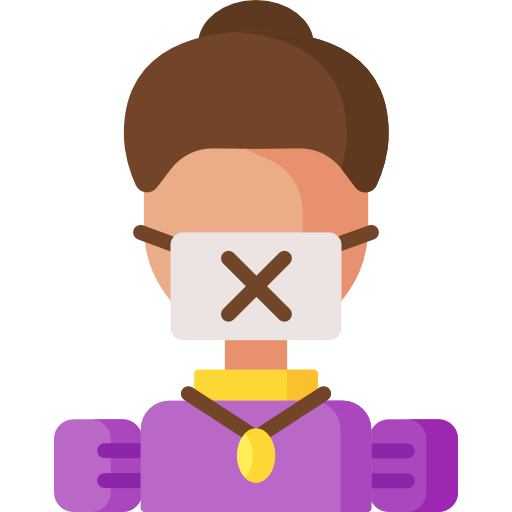PART A_1
Let’s introduce ourselves to each other.
自己紹介をしましょう。
PART A_2
My name is ________. What is your name?
PART A_3
I am ________. Nice to meet you.
PART A_4
Nice to meet you too, ________. Let’s begin our lesson!
はじめまして、________。レッスンを始めましょう!
はじめまして、________。レッスンを始めましょう!
PART B_1
We’ll read aloud the words below. Please repeat after me. I will check your pronunciation.
単語を音読します。講師に続いて読みましょう。講師は発音を確認します。
(Please send the mispronounced words and expressions that need improvements to your student.)
PART B_2
| I am ~. | 私は~です。 |
| I’m from ~. | 私は~出身です。 |
| You are ~. | あなたは~です。 |
| Are you ~? | あなたは~ですか? |
| Canada | カナダ |
| the USA | アメリカ合衆国 |
PART B_3
Now, let’s review some words from part B_2.
ではいくつかの単語を復習してみましょう。
(Please review the mispronounced words and expressions that need improvements from part B_2.)
PART B_4
PART C_1
We’ll read aloud the dialogue below. I will check your pronunciation and intonation.
会話文を読みます。講師が発音、イントネーションについて確認します。
(Please send the mispronounced words and expressions that need improvements to your student.)
PART C_2
|
TUTOR:
|
Hello, I’m Sarah. What is your name? |
|
STUDENT:
|
Hi, Sarah. I am Jack. Nice to meet you. |
|
TUTOR:
|
Nice to meet you too, Jack. Are you from the USA? |
|
STUDENT:
|
No, I’m not. I’m from Canada. |
|
TUTOR:
|
Okay, you are from Canada. It’s a nice place. |
PART C_3
Now, let’s review some words and sentences from part C_2.
ではいくつかの単語、文章を復習してみましょう。
(Please review the mispronounced words and sentences that need improvements from part C_2.)
PART C_4
PART D_1
Let’s study the example below. I will read the sample question, and you will read the sample answer.
下の例を見てみましょう。講師がサンプルの質問を読むので、あなたはサンプルの答えを読みましょう。
PART D_2
| Sample Question: | Are you thirteen years old? |
| Sample Answer: | Yes, I am. |
PART D_3
Now, please answer the following questions. I will check if your sentences are complete and if the grammar is correct.
講師が質問しますので答えましょう。講師は文法と完全な文章であるかを確認します。
PART D_4
| 1. | Are you from Tokyo? |
| Answer: | |
| 2. | Are you from Sendai? |
| Answer: | |
| 3. | Are you cold? |
| Answer: | |
| 4. | Are you twelve years old? |
| Answer: | |
| 5. | Are you thirteen years old? |
| Answer: |
PART D_5
Now, let’s review your answers.
では、あなたの答えを復習してみましょう。その後、修正したあなたの答えを読んでみましょう。
(Please review your student’s answers by sending the correct answers in complete sentences. After that, ask your student to read aloud his or her corrected answers.)
PART D_6
PART E_1
Now, you will ask me the questions below using the grammar topics you learned.
I will check if your sentences are complete and if the grammar is correct.
I will check if your sentences are complete and if the grammar is correct.
今度は、あなたが講師に質問します。習った文法を使って文を作りましょう。
講師は文法と完全な文章であるかを確認します。
講師は文法と完全な文章であるかを確認します。
(Please send the sentences that need grammar corrections to your student.)
PART E_2
| ? | |
| (you/ student/ a/ Are)? |
PART E_3
PART E_4
| ? | |
| (happy/ you/ Are)? |
PART E_5
PART E_6
Now, let’s review your answers.
では、あなたの答えを復習してみましょう。その後、修正したあなたの答えを読んでみましょう。
(Please review your student’s answers by sending the correct answers in complete sentences. After that, ask your student to read aloud his or her corrected answers.)
PART E_7
PART F_1
Let’s do a free talk about the following topic/s.
以下のトピックについてフリートークをしましょう。
(Please do a free talk if you have time left.)
PART F_2
Are you from Japan?
PART F_3


